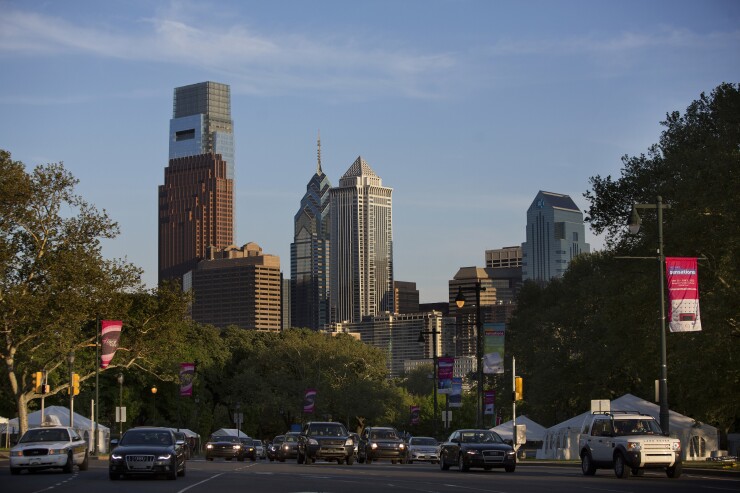Philadelphia’s new five year financial plan was endorsed by City Controller Alan Butkovitz Monday despite concerns about a lack of funding to tackle the school district’s future deficit.
Butkovitz

“Any future unexpected commitments to the School District of Philadelphia could drastically impact city operations,” said Butkovitz. “This could further erode the city’s fund balance available for future appropriations.”
Mike Dunn, a spokesman for Mayor Jim Kenney, noted in response to Butkovitz Monday that the school district is controlled by the state of Pennsylvania and not the city. He said the city has increased its annual district funding in recent years including a 2015 tax increase that raised $70 million. A new sugary beverage tax that took effect Jan. 1 will also add nearly $70 million toward pre-kindergarten programs and community schools when programs are at full implementation in 2020, according to Dunn.
“We are working with the State on how to address the projected District shortfall,” said Dunn.
Butkovitz also indicated that the city’s forecast statements for real estate and beverage taxes may not reach projections. The outcome of new commercial reassessment for the city’s real estate tax is also vulnerable to the appeals process, which Philadelphia “significantly under-performs” compared to peer cities, according to Butkovitz.
Dunn said the city’s revenue projections factored in anticipated tax appeal losses due to higher property values. He said the city conducted a property tax reassessment for the first time with outside real estate firm, A.R. Hughes, to advise on market value determinations and assist during the appeals process.
With beverage tax collections, Dunn said it is proving to be “reasonably reliable” with $32.3 million generated in five months. While the city is on track to fall short of its $46 million six-month goal, Dunn said confidence remains in the original projections of $92 million per fiscal year from the 1.5 cents-per-ounce tax on sweetened drinks. In addition to funding pre-kindergarten expansion, Kenney is also planning to earmark revenue from the tax for debt service on $300 million in planned bonds to upgrade parks, libraries and recreational centers.
“While opponents of the tax try to spread hysteria and alarm, we are basing our work on the same solid economics that tax professionals across the country employ,” said Dunn. “For example, it is likely that distributors and retailers stocked up on inventory late last year, before the tax took effect on January 1, a practice that would obviously impact fiscal year 2017 collections, but would be unlikely to impact fiscal year 2018 and beyond.”





